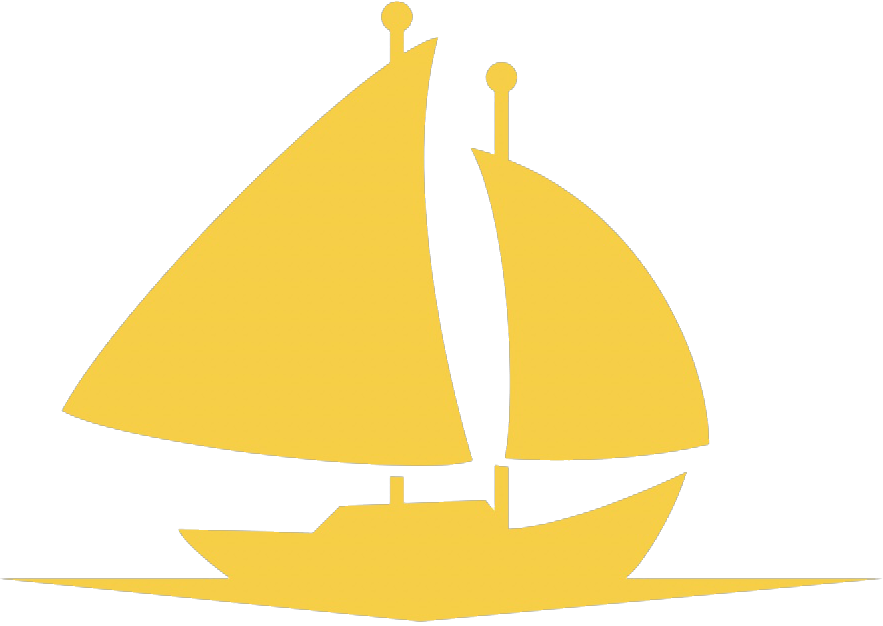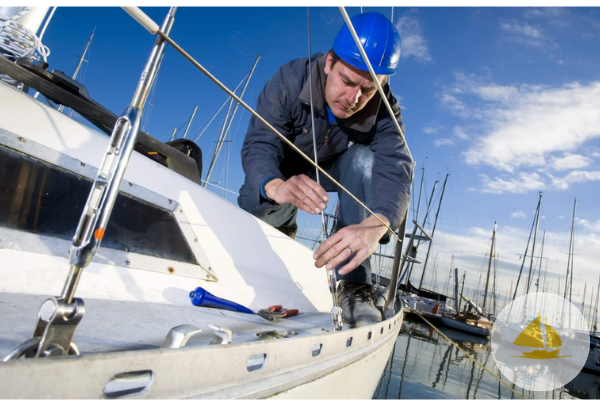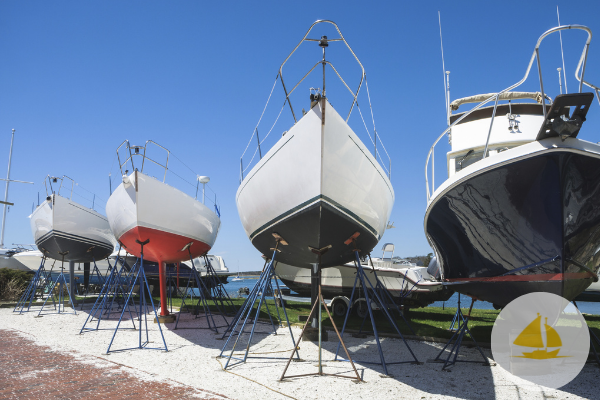Rules are developed to establish standards for the structural strength of the large yacht’s hull and its appendages, and the suitability of the propulsion and steering systems, power generation and other features and auxiliary systems which have been built into the ship to assist in its operation, and even pollution protection systems. A yacht may be maintained in class provided that, in the opinion of the Society concerned, it remains in compliance with the relevant Rules, as ascertained by a periodic or non-periodic survey(s). Today a vessel either meets the relevant Class Society’s Rules or it does not. As a consequence, it is either “in” or “out” of “Class”.
In summary, Class Notations on Yachts will tell you a lot about the building quality and condition of each vessel and its components on an annual basis, according to the excellence of its construction and its adjudged continuing soundness. A yacht that has been designed and built to the appropriate Rules of a Society may apply for a Certificate of Class from that Society or for a periodical survey (generally required every 5 years) meant for the Renewal of Class Certificate. Class Societies have often developed two separate sets of Rules for Commercial and Private Yachts. They can be applied to New Construction as well as Existing Yachts.
The classification is an element within a network of maritime security partners. Other elements are parties such as the shipowner, shipbuilder, flag state, port states, insurers, ship financiers, and charterers, among others.
The role of classification societies has been recognized in the International Convention for the Safety of Life at Sea (SOLAS) and in the 1988 Protocol to the International Convention on Load Lines. As an independent, self-regulating body, a classification society has no commercial interests in relation to ship design, ship construction, ship ownership, ship operation, ship management, ship maintenance or repair, insurance or charter.
A ship will be kept in class if, in the opinion of the Society concerned, the relevant regulations have been complied with and surveys carried out in accordance with its regulations. Classification societies also have significant research departments that contribute to the ongoing development of appropriate advanced technical standards.
Commonly known class societies are listed below:
• RINA (Registro Italiano Navale)
• TL (Turk Loydu)
• BV (Office Veritas)
• GL (Germanischer Lloyd)
• LR (Lloyd's Register)









